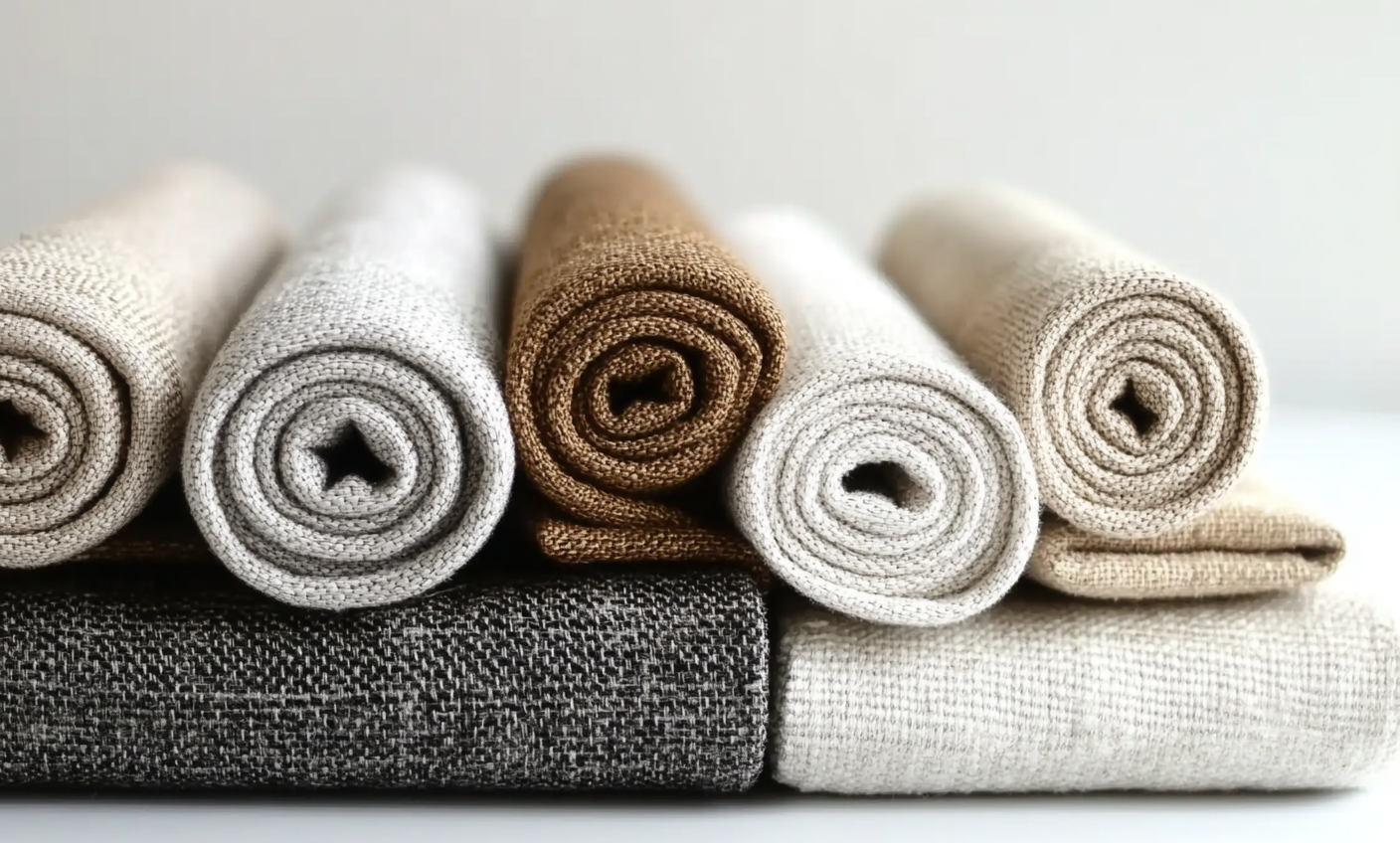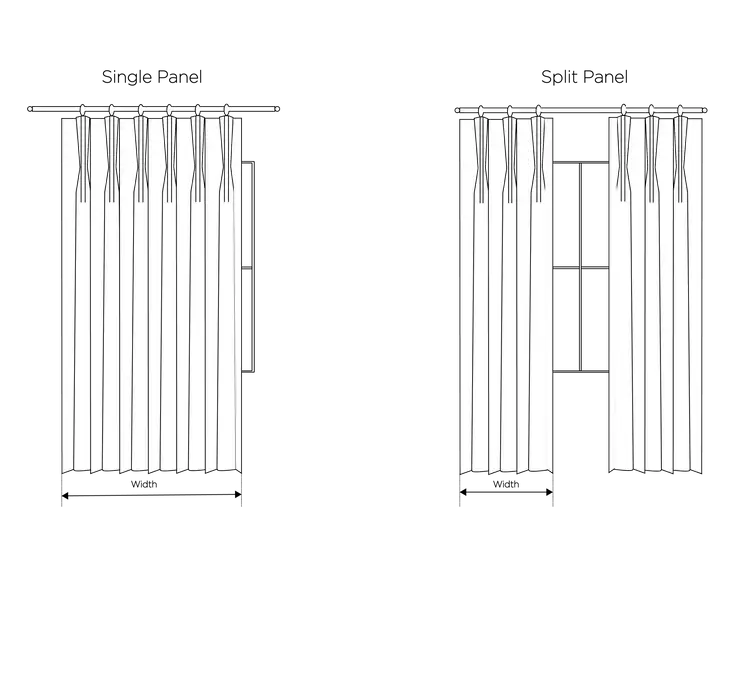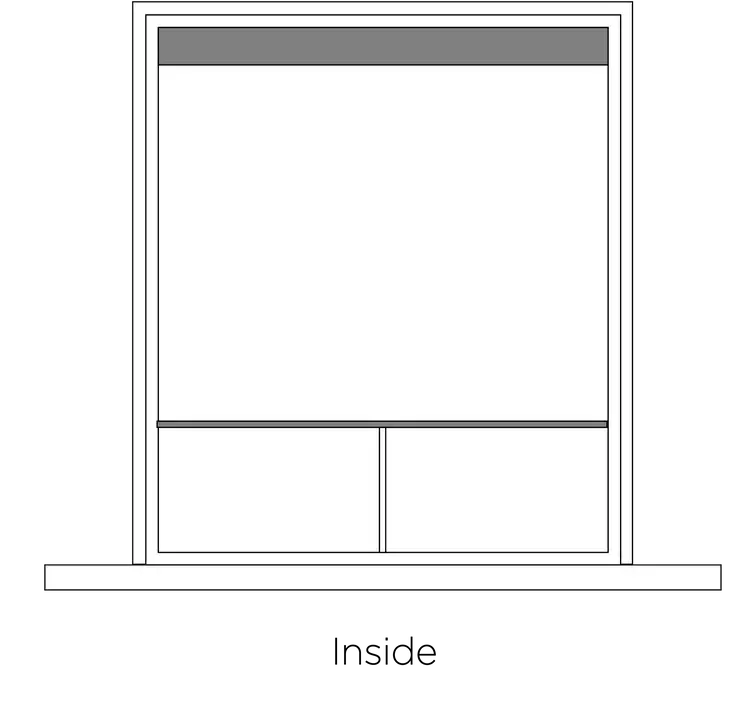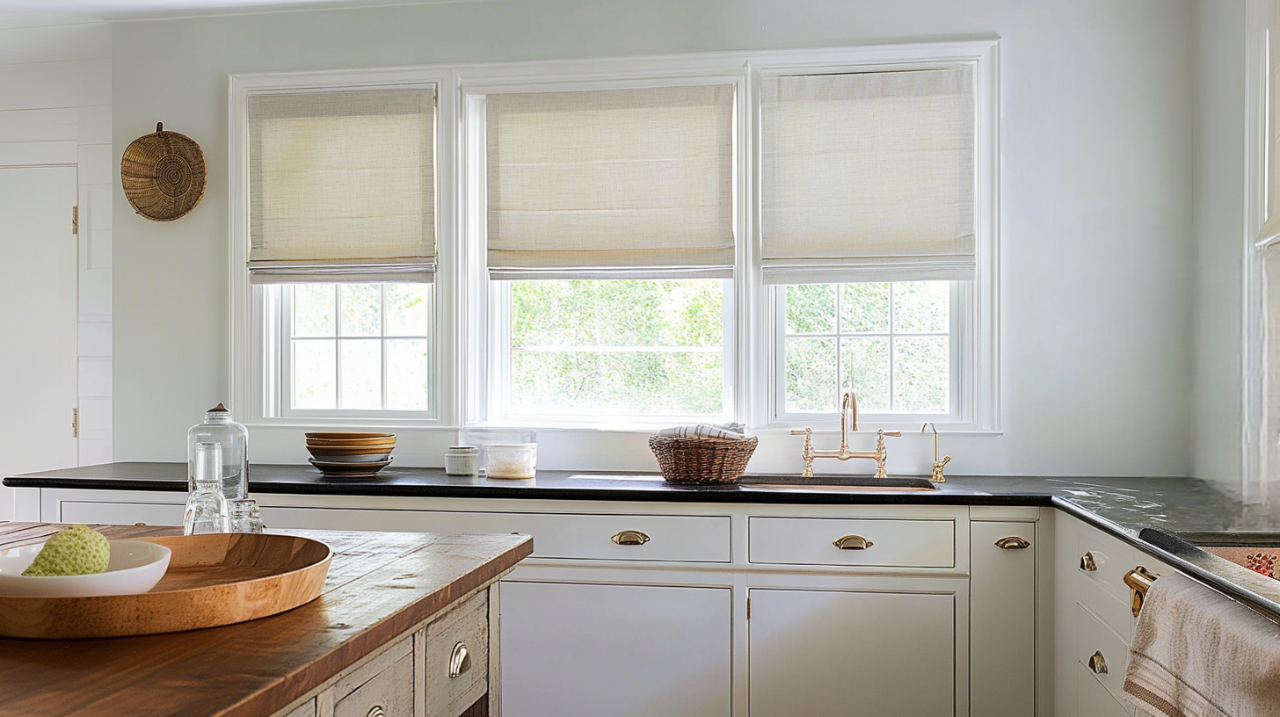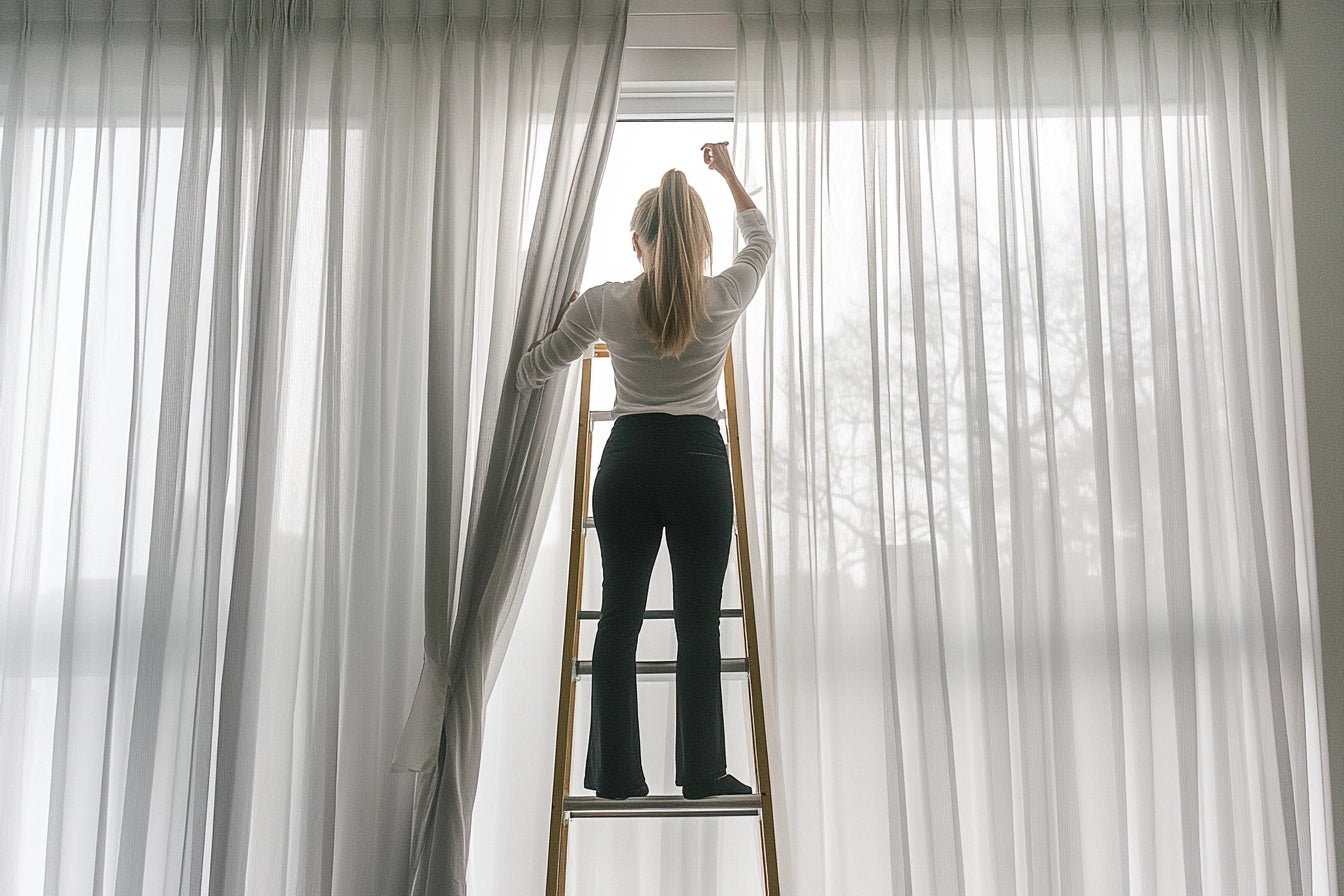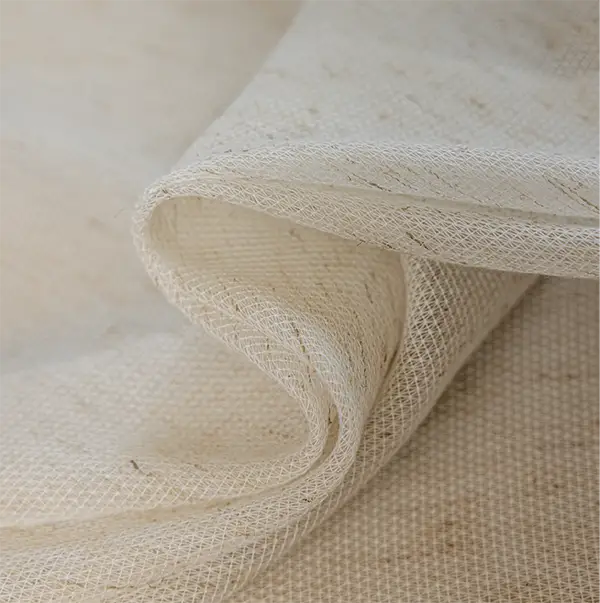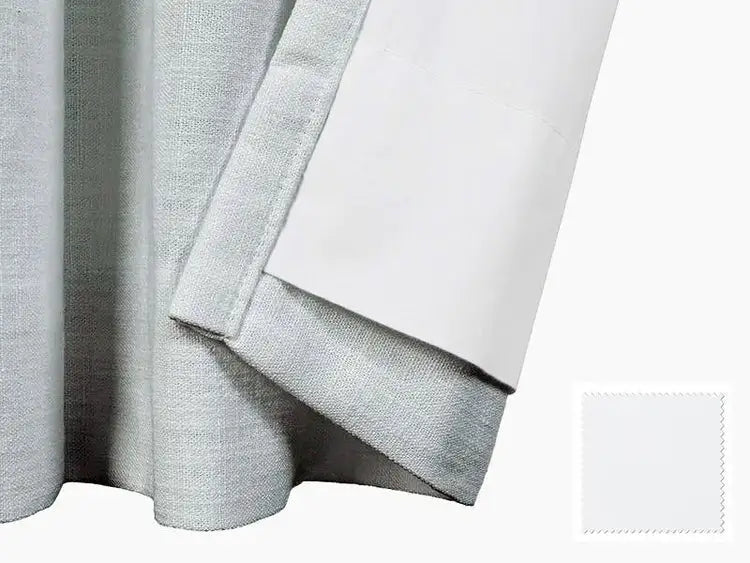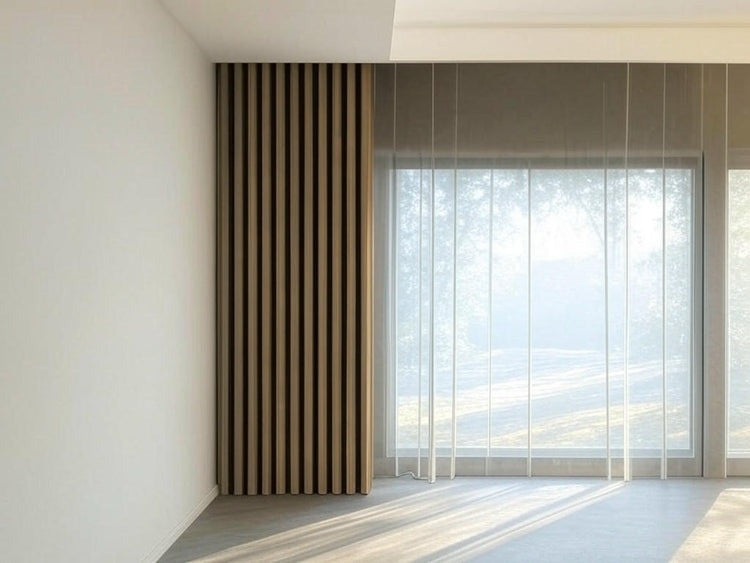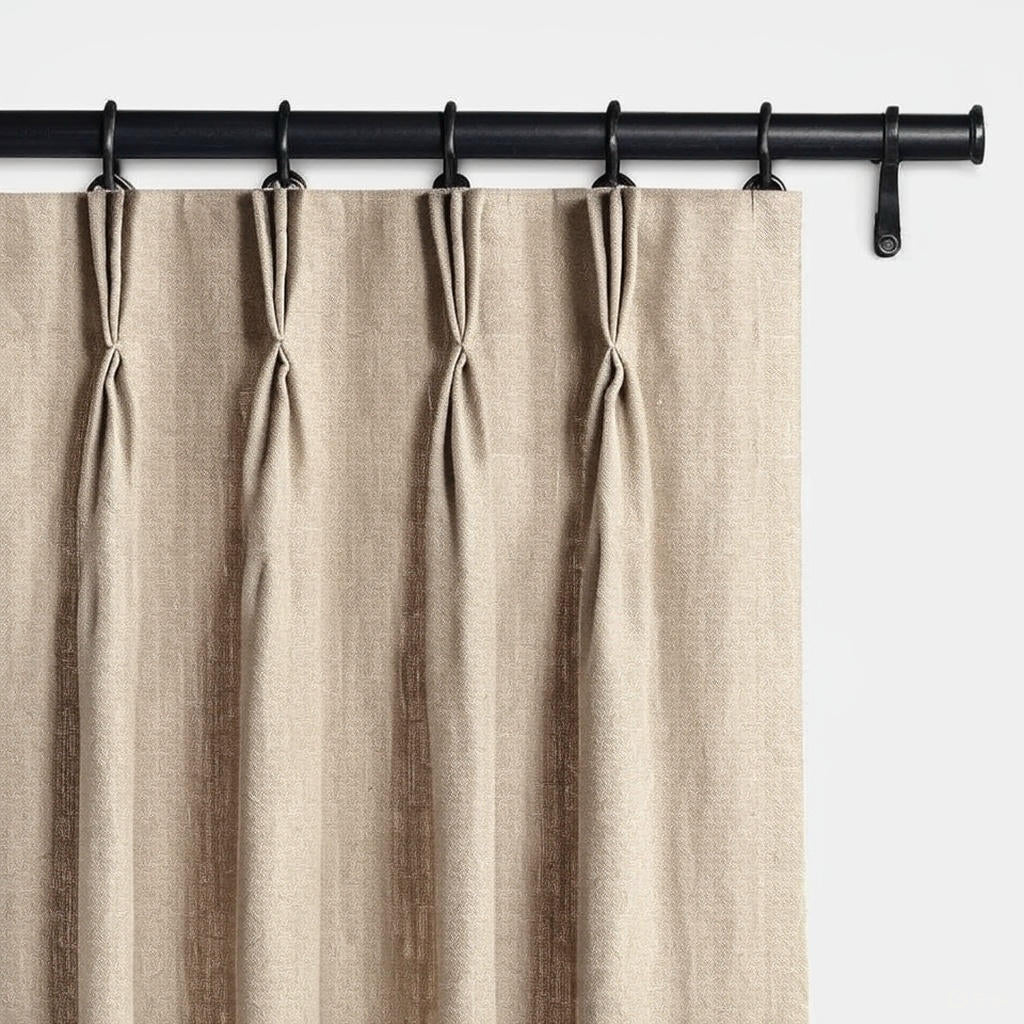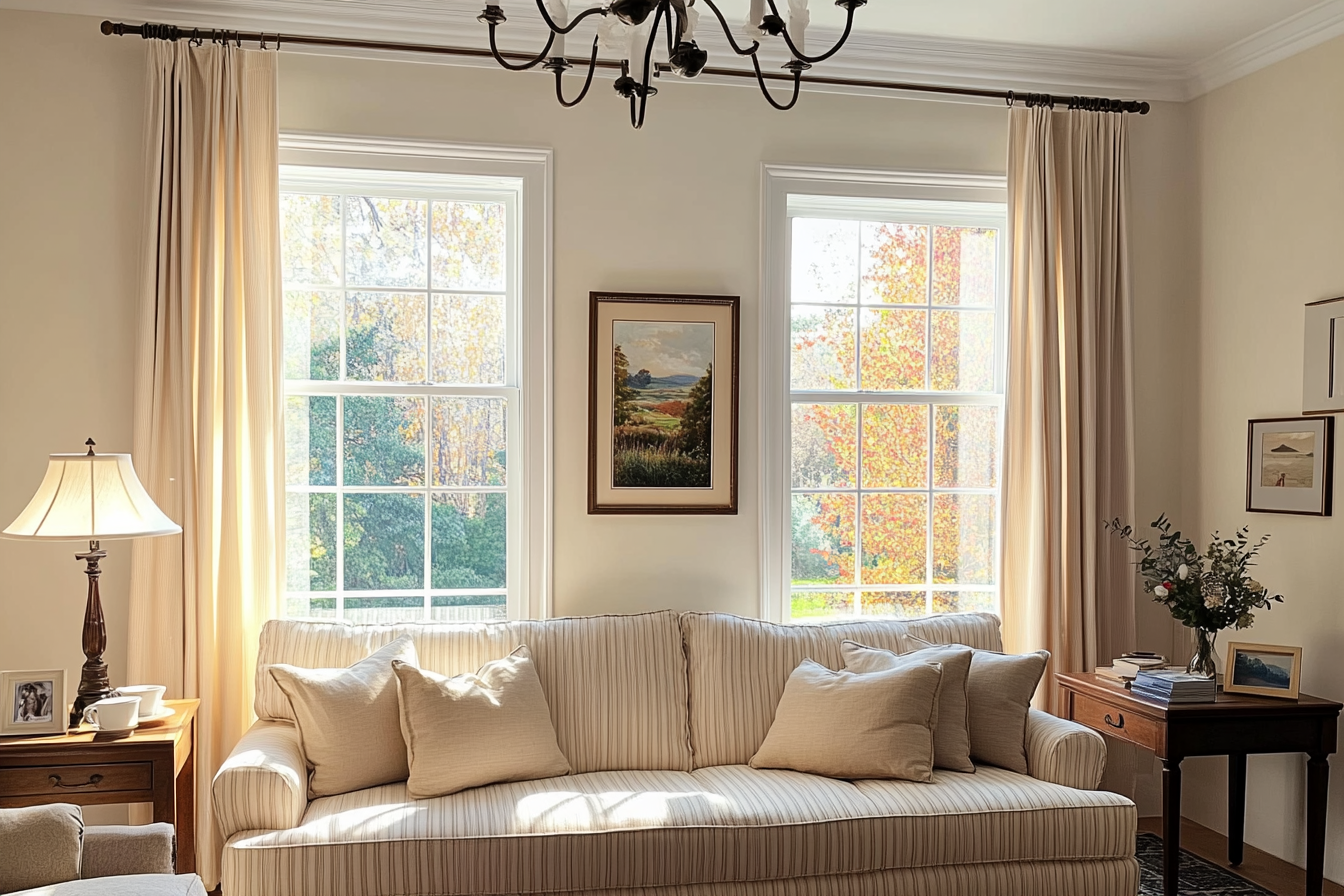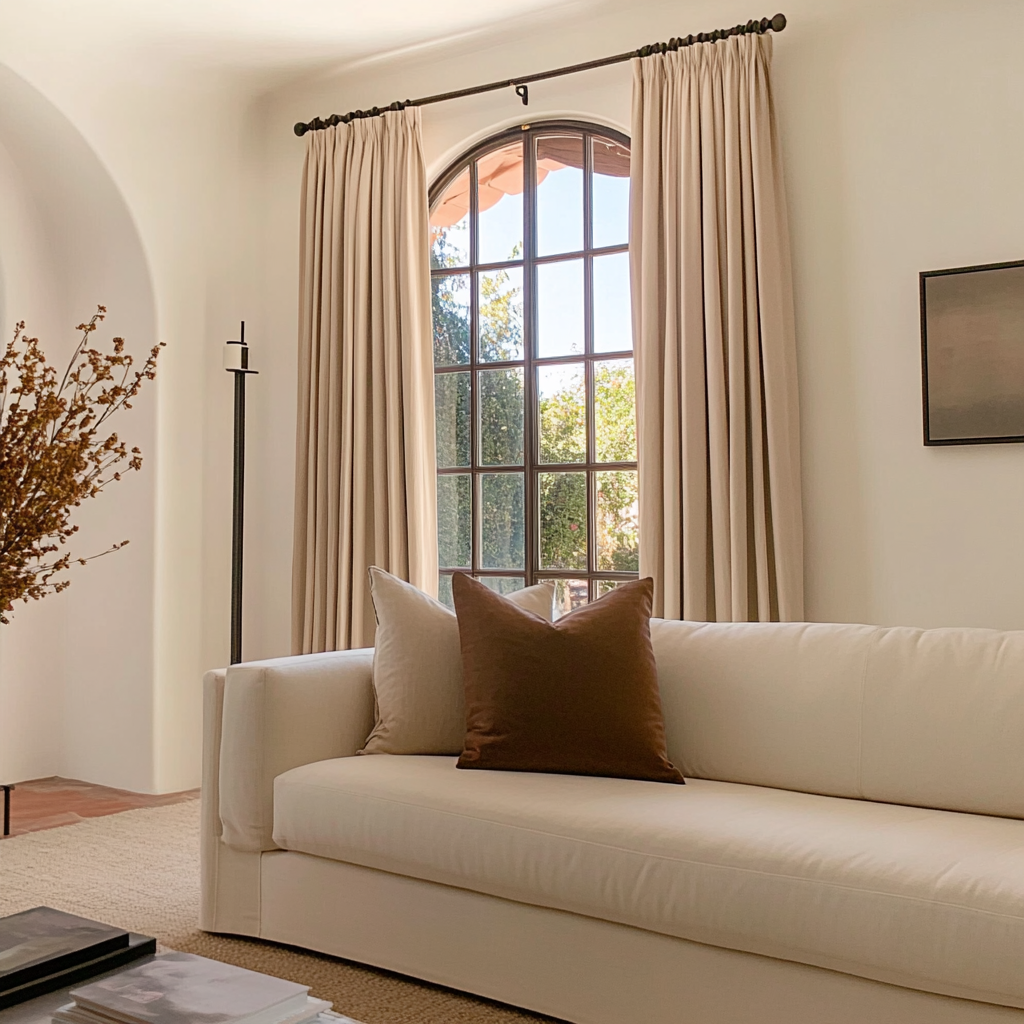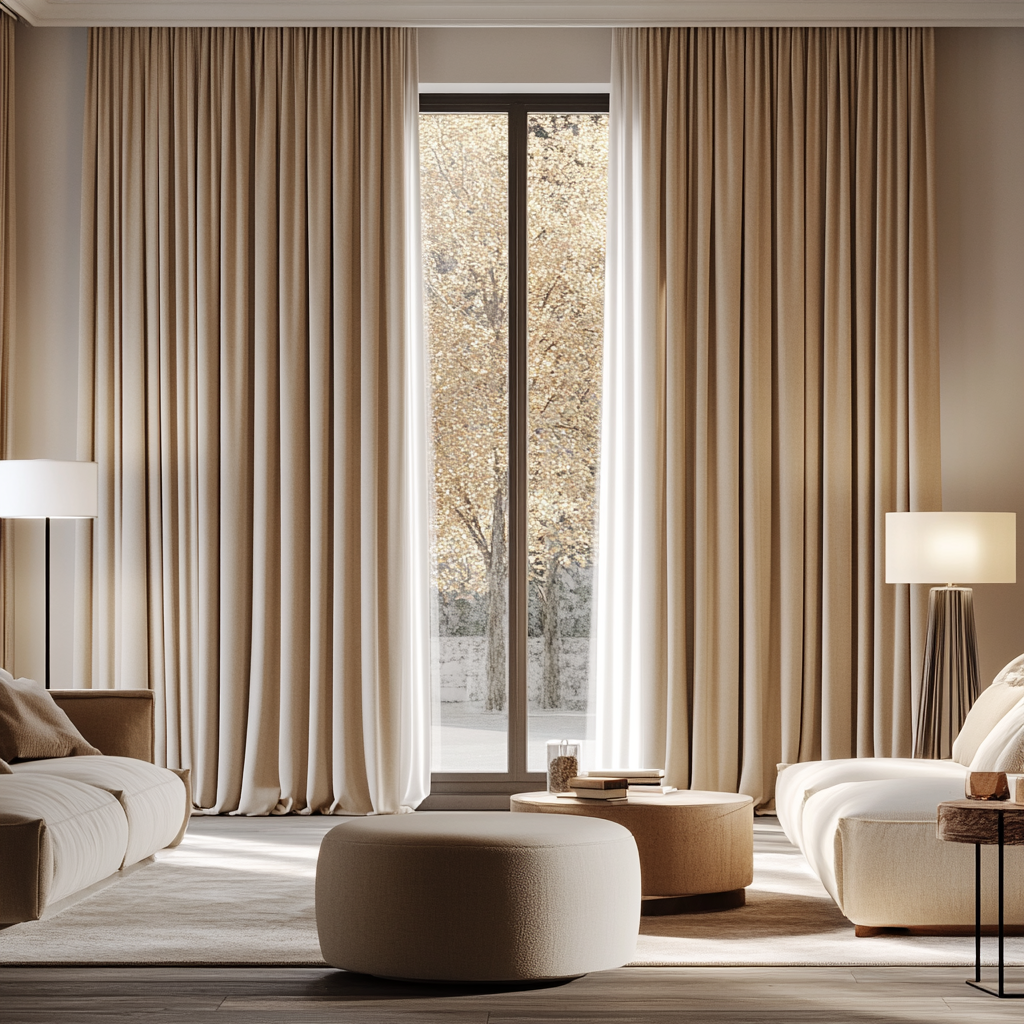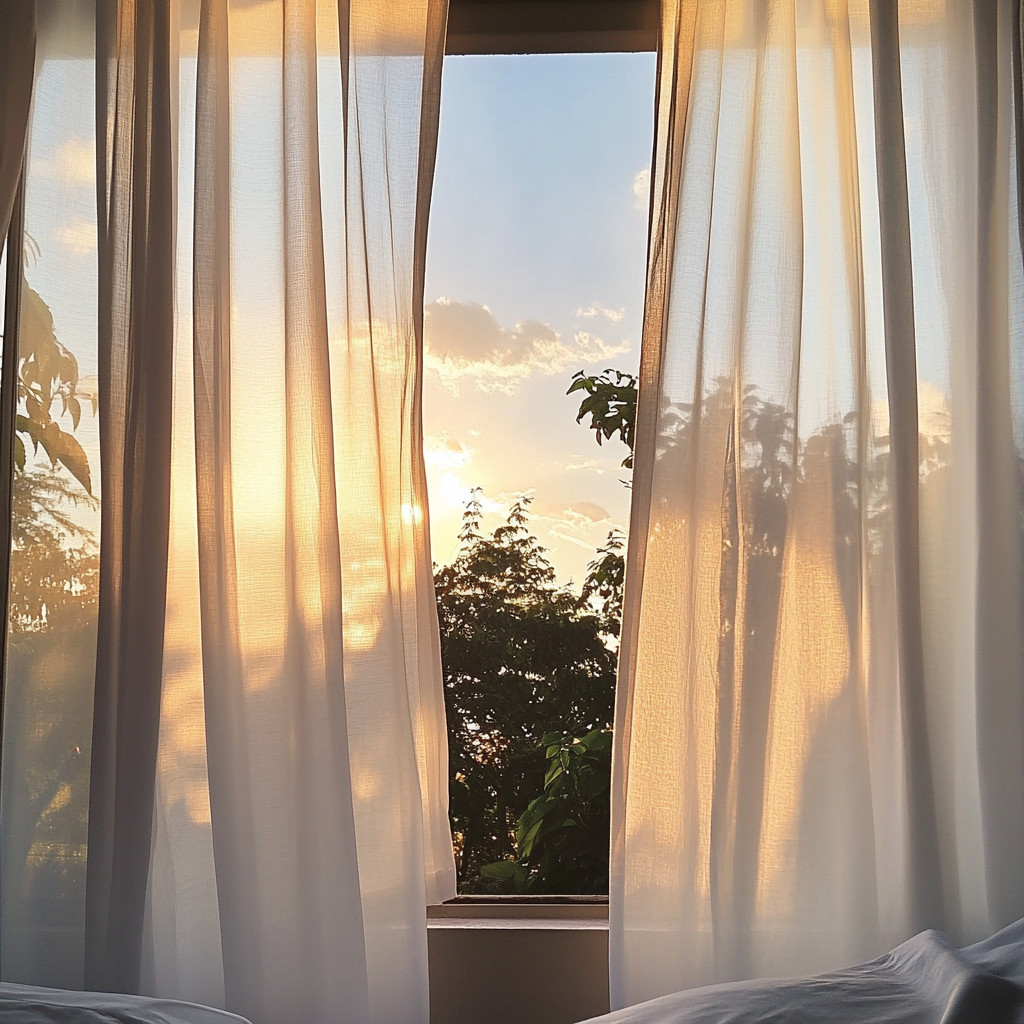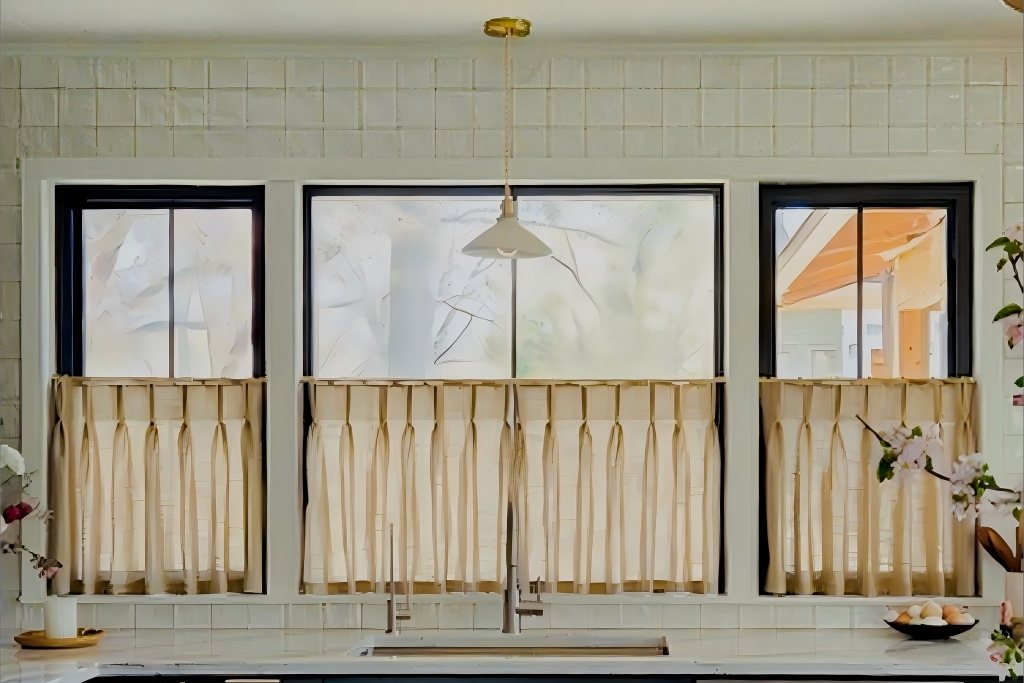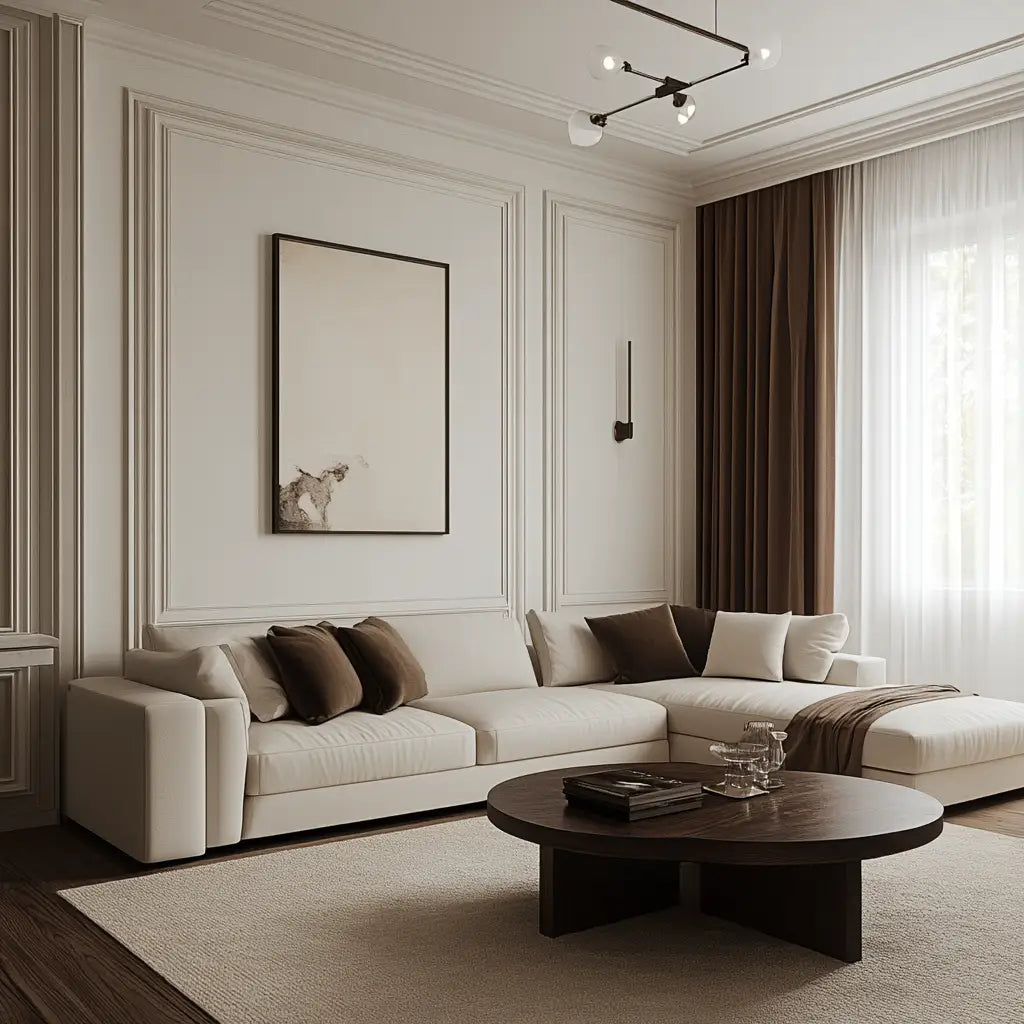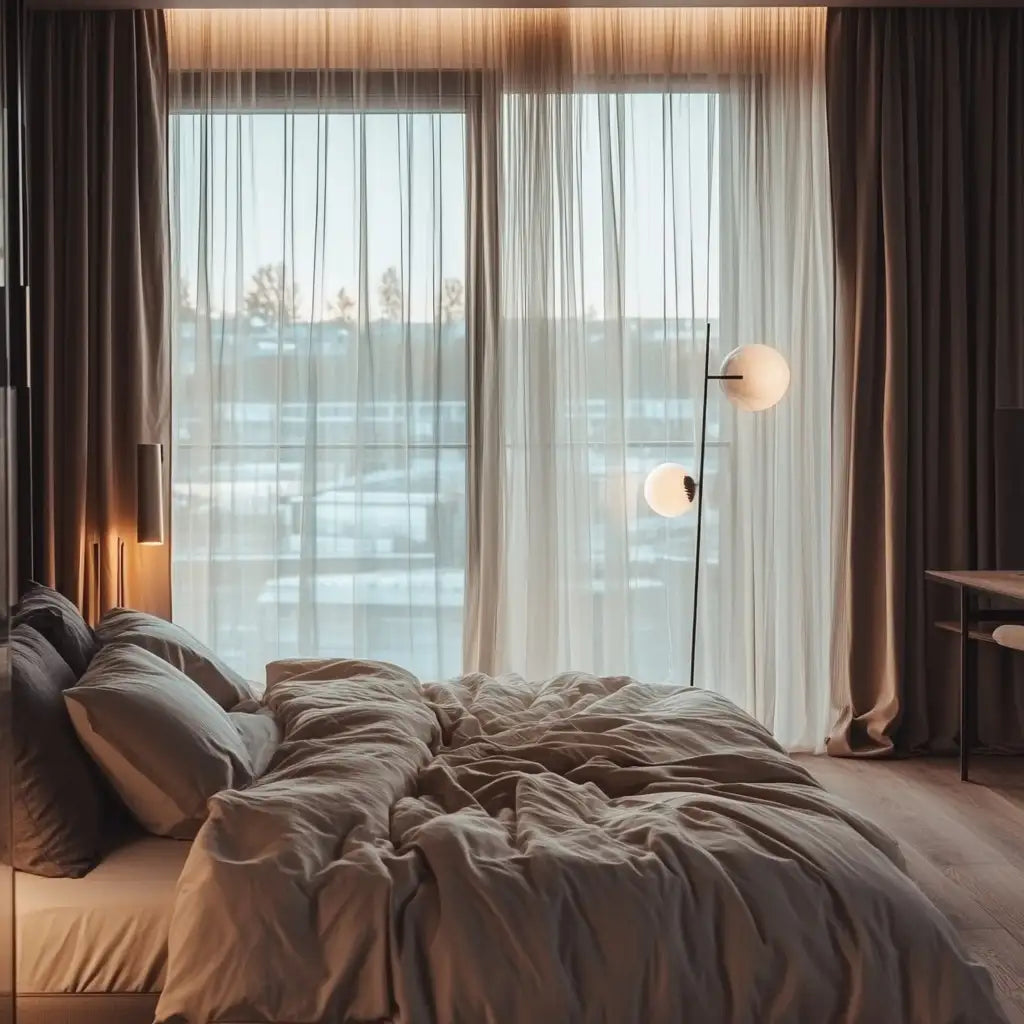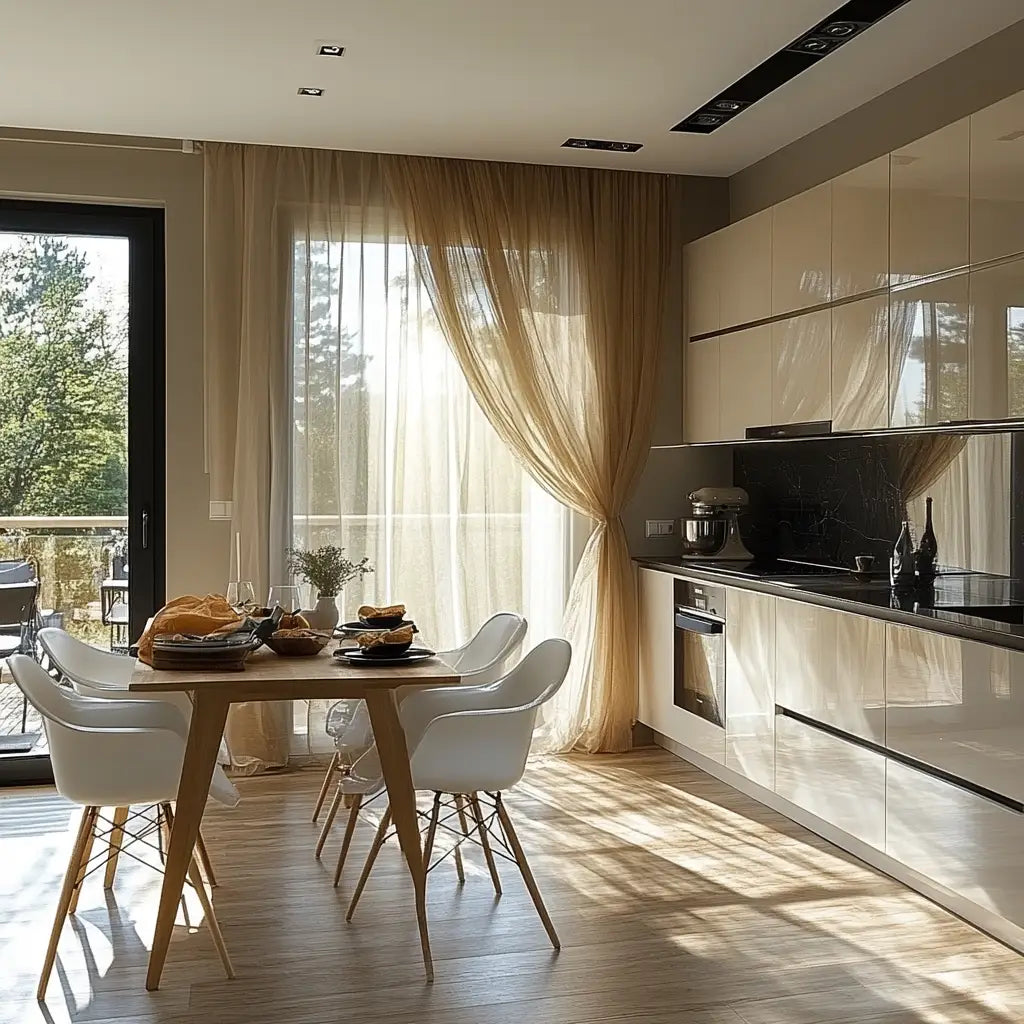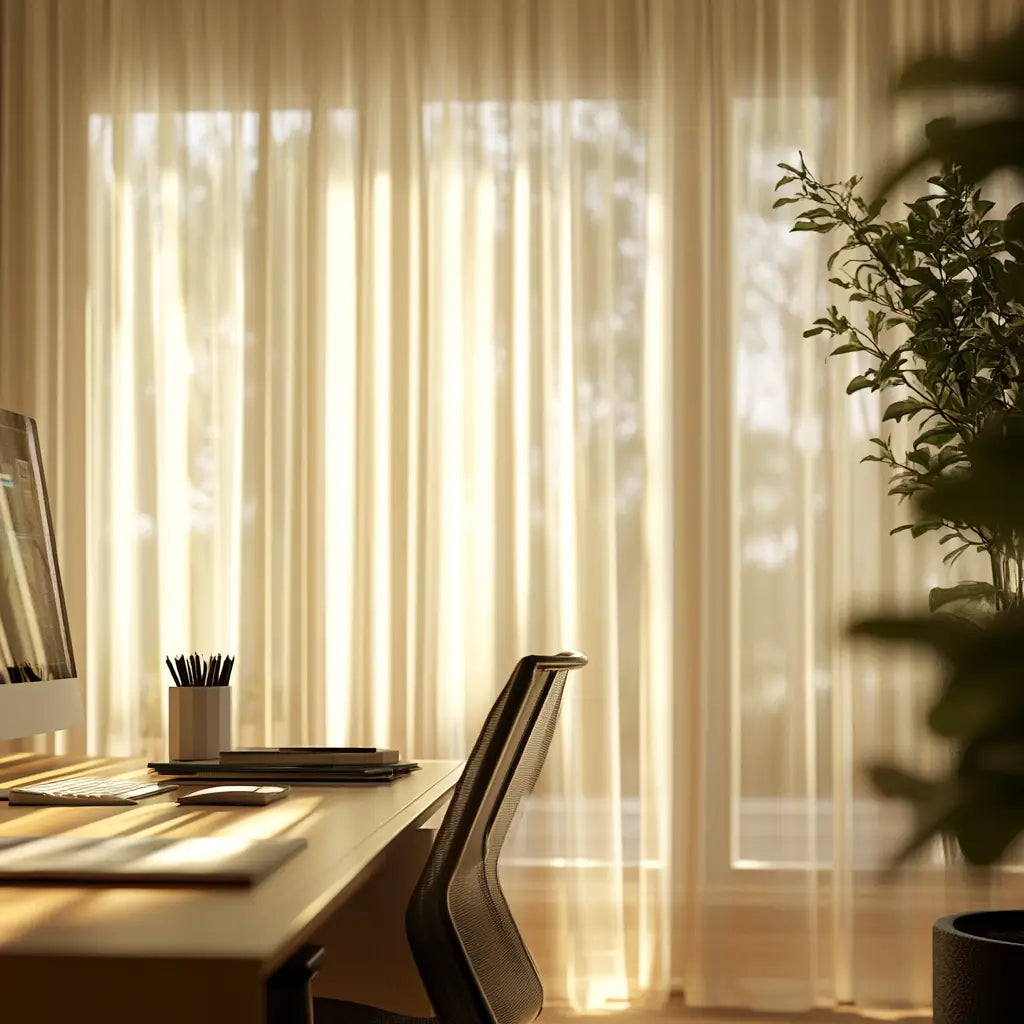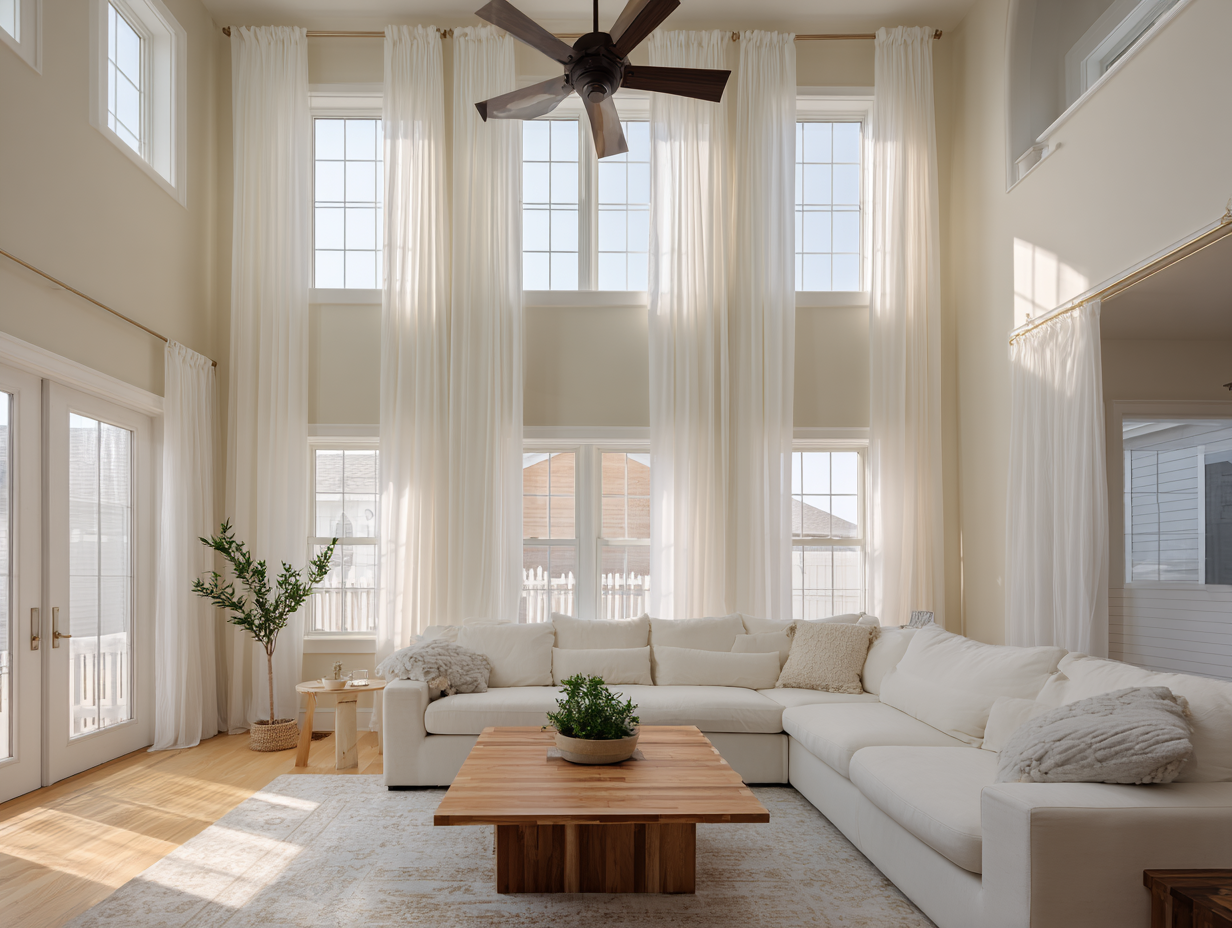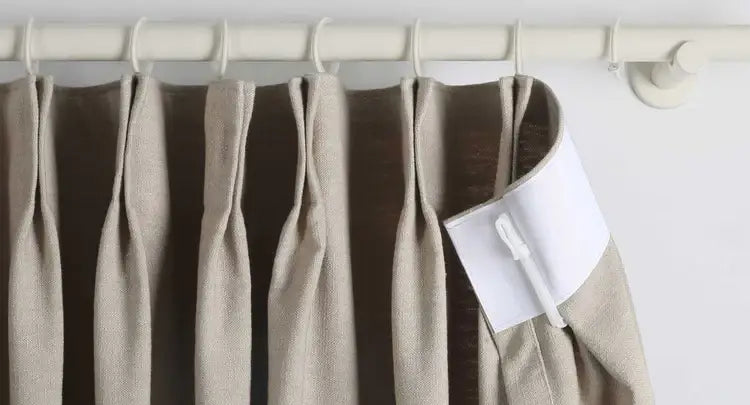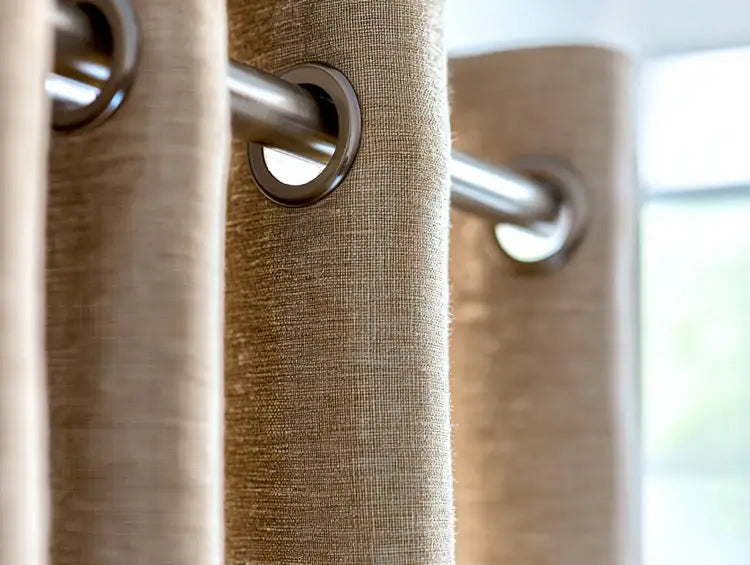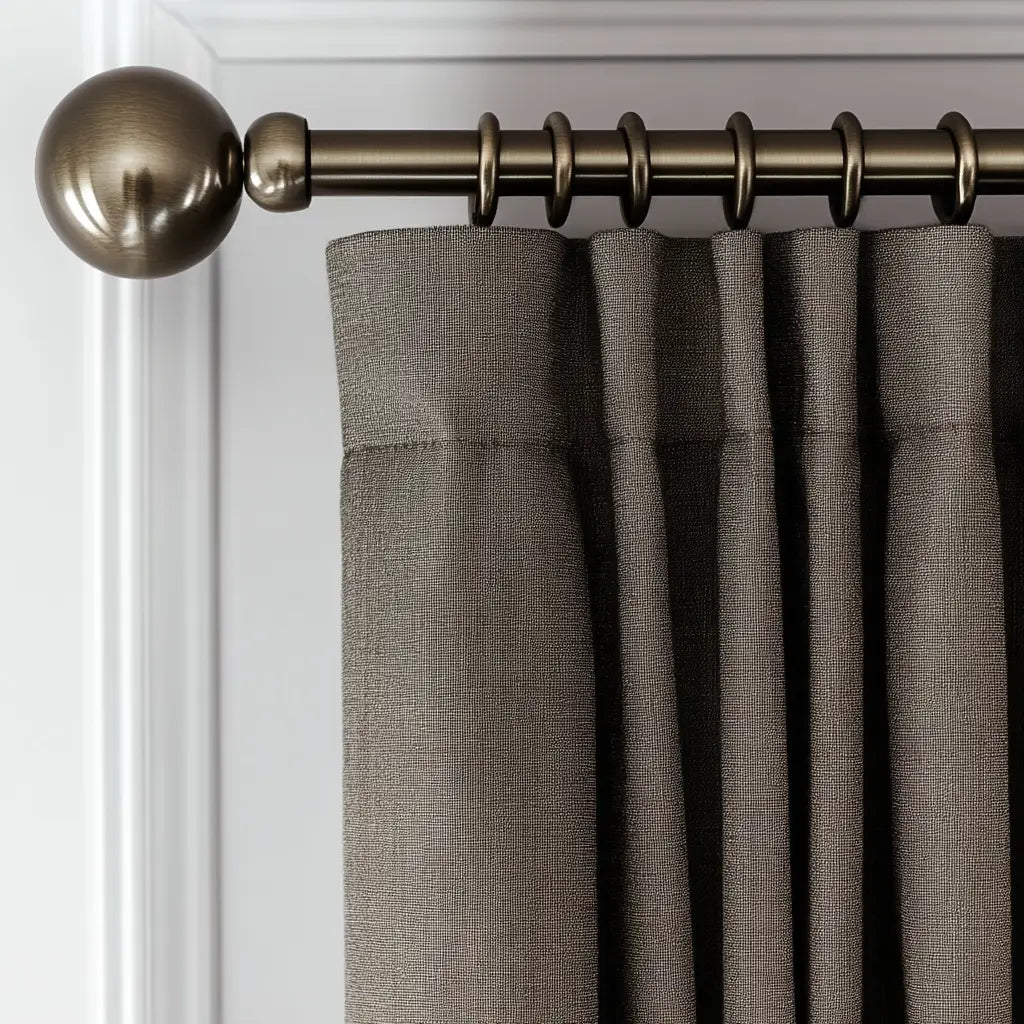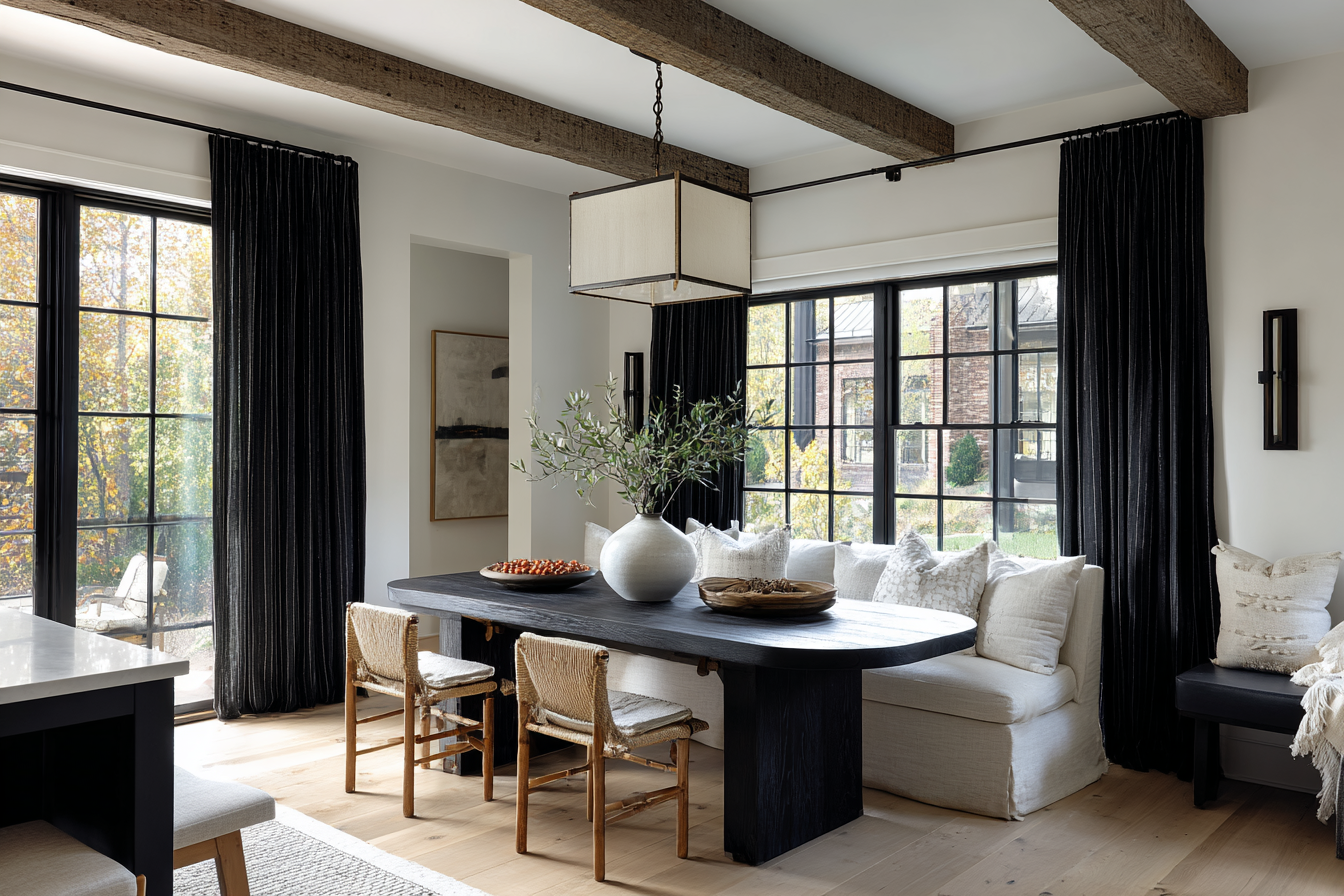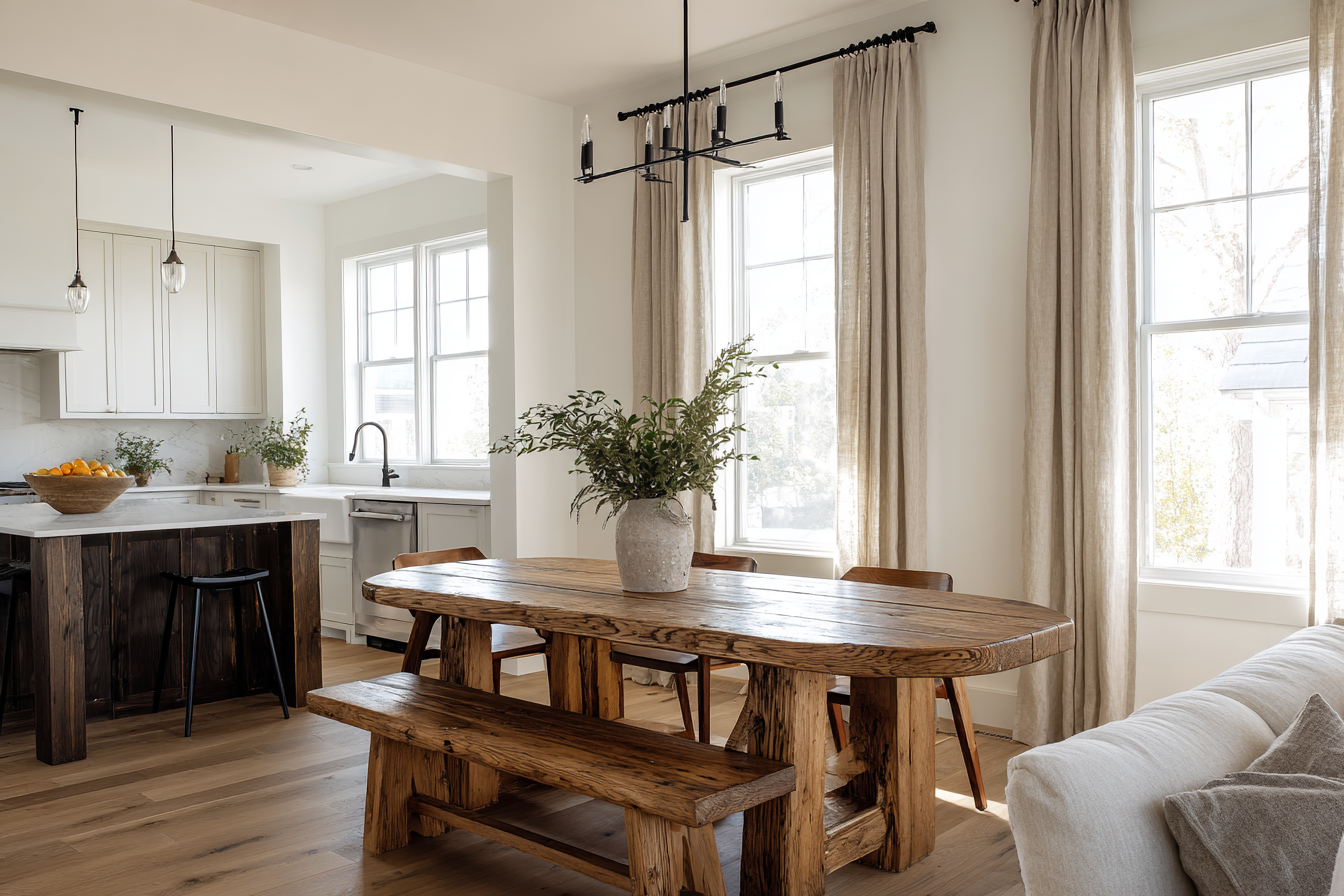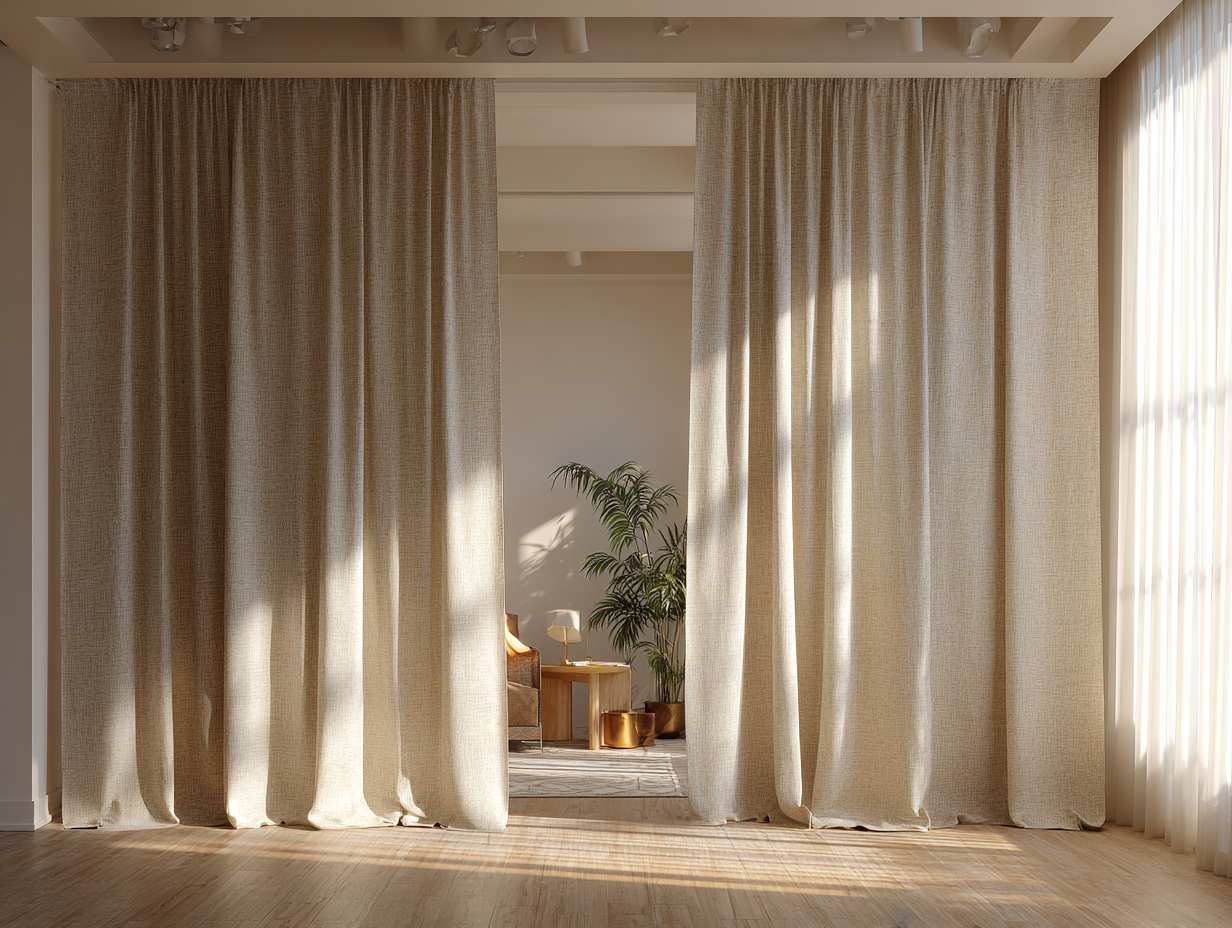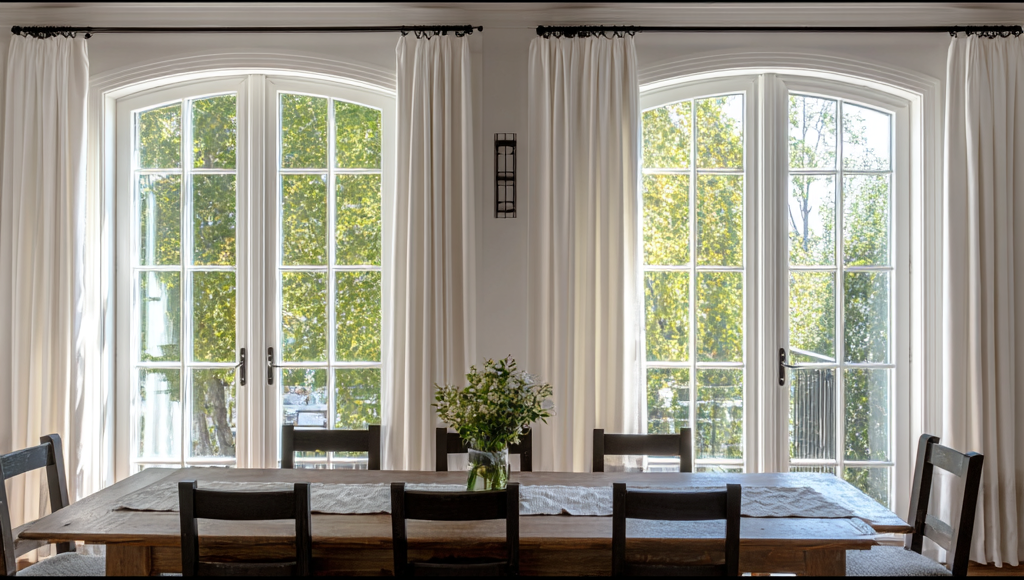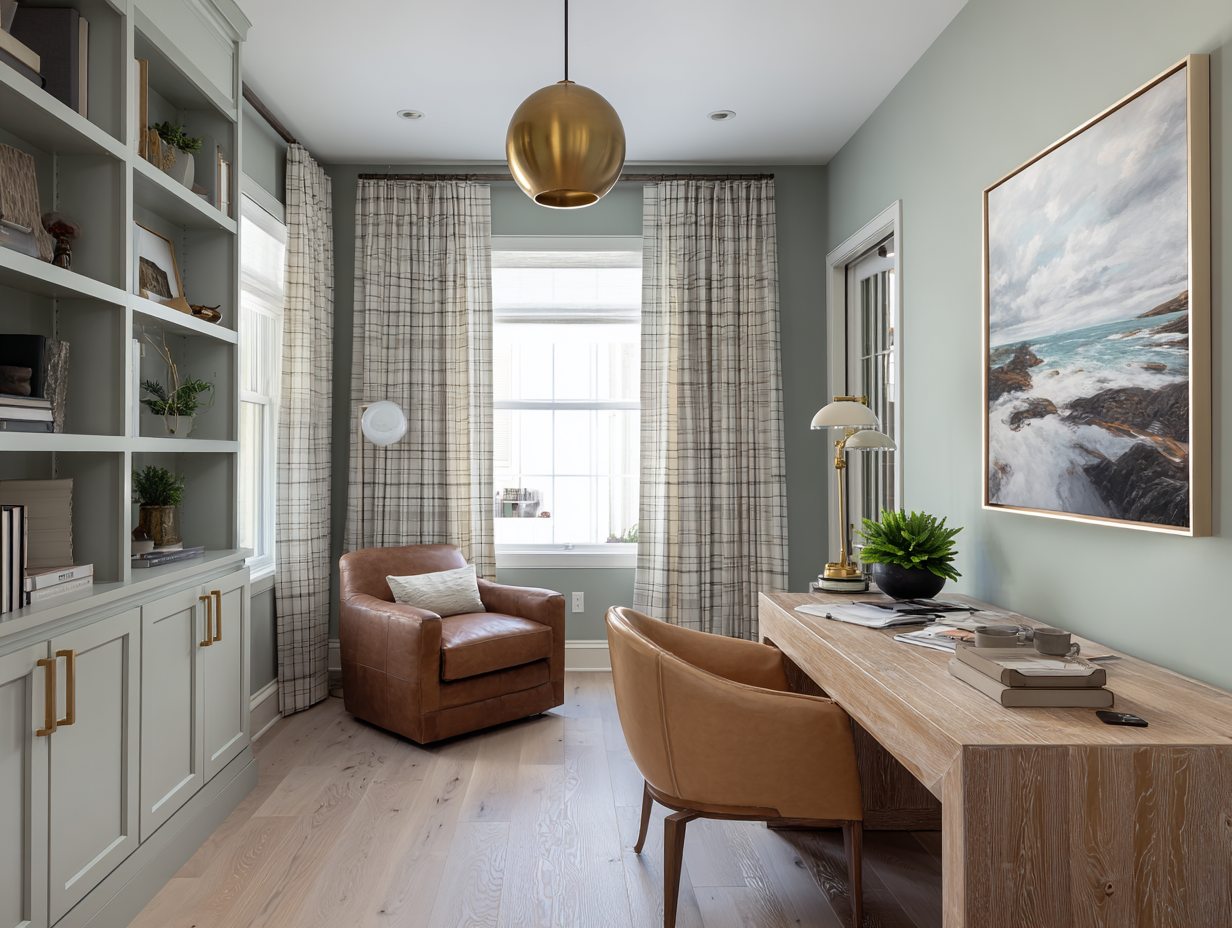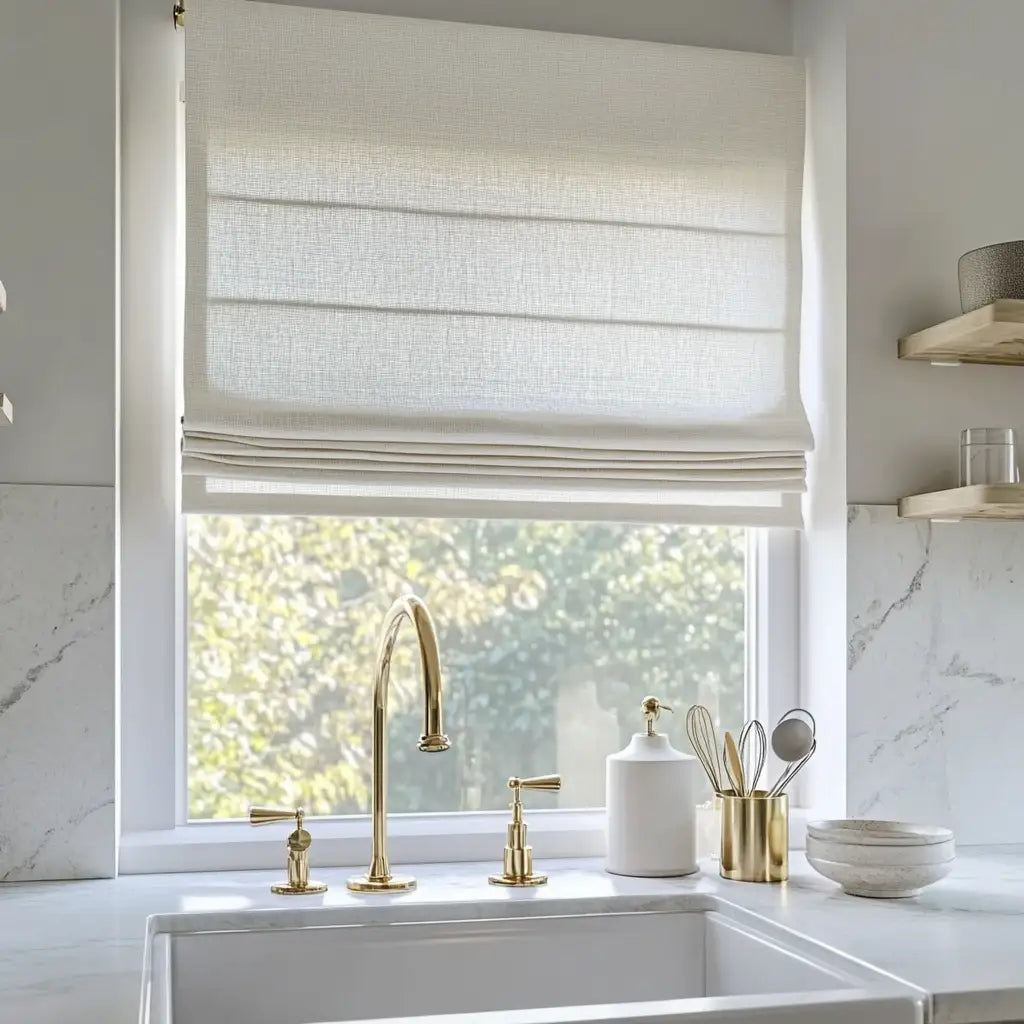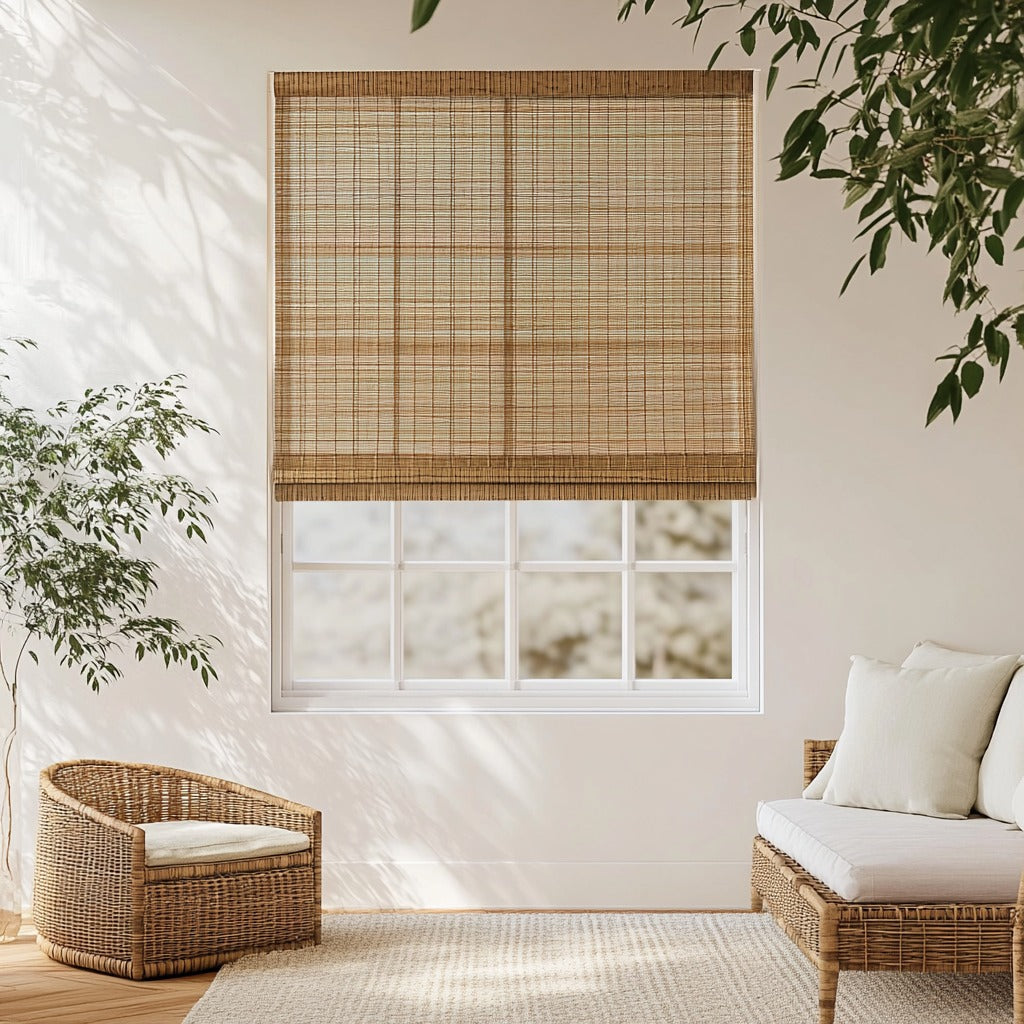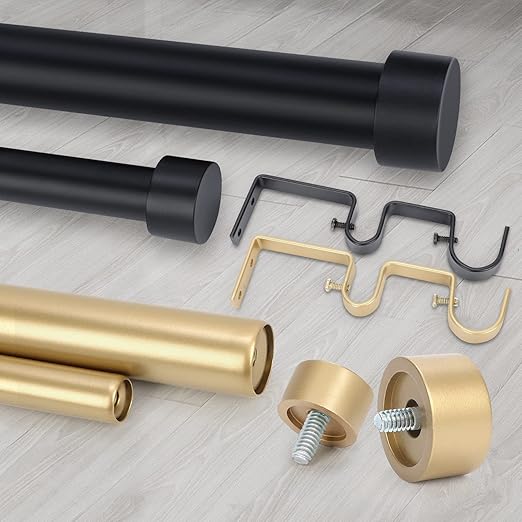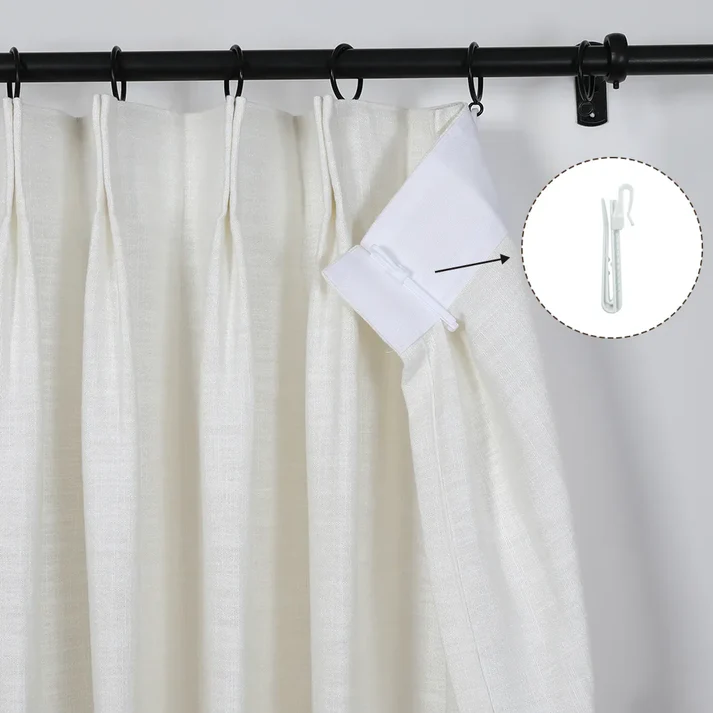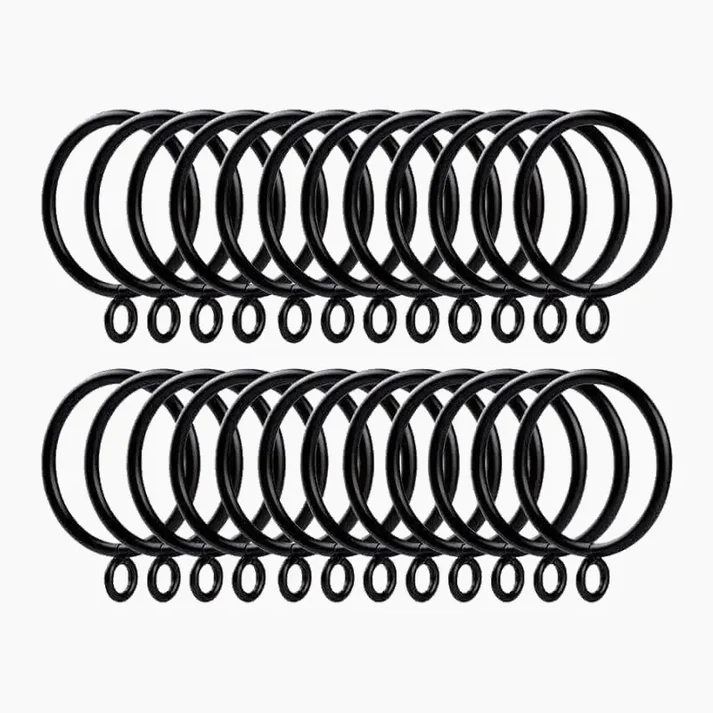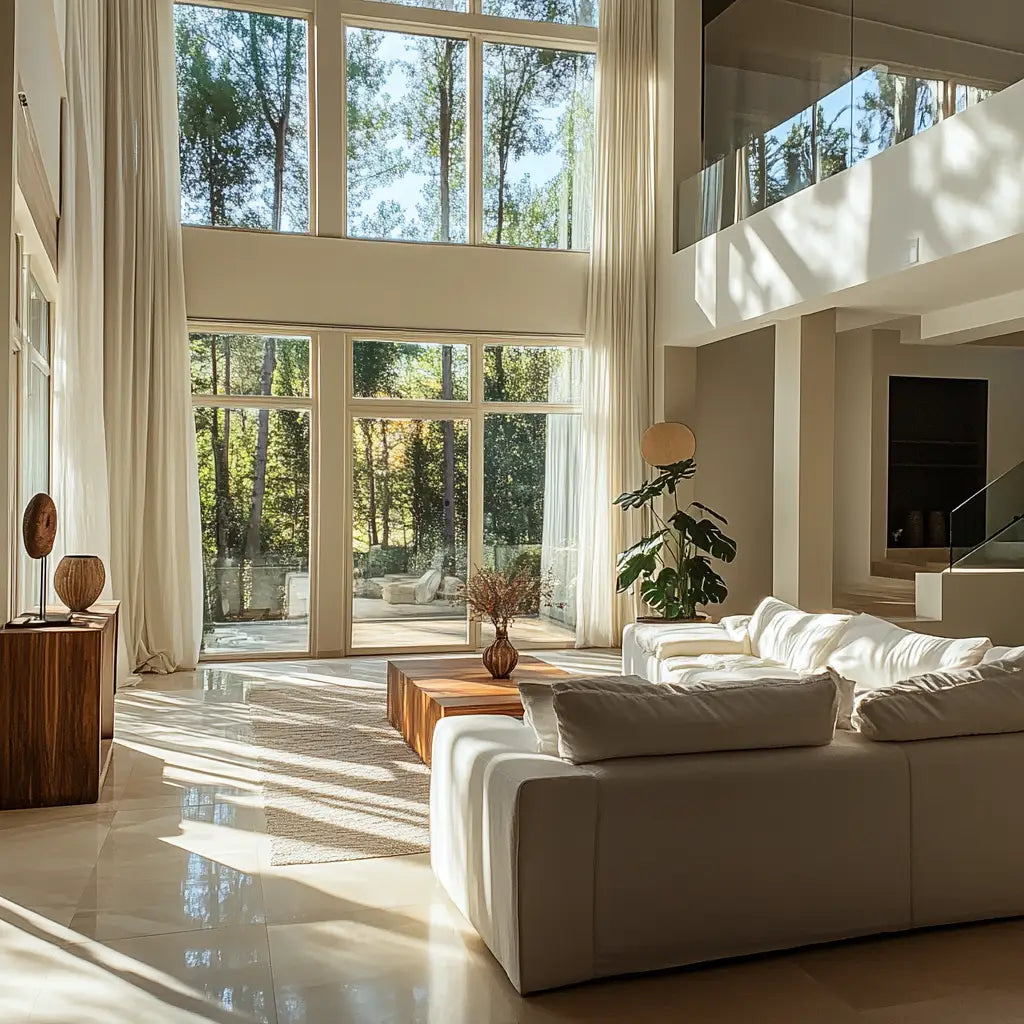
How I Chose the Perfect Drapes for Dining Room
When I first moved into this house, the dining room felt cold and bare.
The white walls and wooden table were neat but lacked warmth.
I realized that to make the space elegant and inviting,
choosing the right drapes for dining room was the first step.
My Starting Point: Too Many Choices
At the beginning, I was overwhelmed by the fabric options.
Each swatch seemed to promise a different dining mood.
I picked up natural linen for its texture,
but the heavy velvet whispered luxury and drama.
I also considered cotton blends for their balance of price and durability,
though they felt too casual for my dining vision.
Then I noticed the
Chevron textured linen blackout pleated drapes
They combined practical blackout with modern linen style,
as if they were made for my dining room.

Exploring Fabric and Style Options
Velvet drapes felt bold and glamorous,
perfect for candlelit dinners on winter nights.
Sheer linen, light and flowing,
suited casual lunches bathed in sunshine.
Luxury dining drapes brought sophistication and depth,
while modern dining room curtains made the room bright and airy.
I even tested patterned textiles like herringbone and chevron,
noticing how subtle designs added quiet elegance.
I started pairing fabrics with my furniture and lighting,
and the role of style in shaping space became clear.

What I Learned About Privacy, Insulation, and Aesthetics
Looks alone were not enough; function mattered too.
The dining room faced direct sun, and afternoons grew harsh.
I tried blackout dining room drapes,
and they blocked intrusive rays with ease.
In contrast, light filtering dining curtains
created a soft, glowing atmosphere near dusk.
I compared fabric thickness and lining options,
finding that triple-weave designs performed best.
I discovered inspiration in
softly filtered sheer linen for bay windows
It showed me that beauty and practicality
could blend seamlessly in one choice.

Why I Picked Drapes Over Other Window Options
I briefly considered roller shades and blinds.
Both worked, but neither offered emotional warmth.
Drapes, on the other hand, added texture and depth,
making privacy adjustable and elegant.
Soundproof curtains for dining area
helped reduce noise, creating calm family dinners.
Thermal insulated drapes preserved warmth in winter,
making the space both cozy and efficient.
I also valued how drapes frame windows dramatically,
turning a plain wall into a design statement.
In the end, I realized the dining room
needed atmosphere, not just function.

Installation — Lessons Learned
I gathered a tape measure, a level, and solid rods.
At first, I worried drilling holes would be complex.
But once I began, the process was smoother than expected.
I hung the drapes two centimeters above the floor,
keeping them clean while adding height to the space.
During this stage, I reflected on
modern dining drapes for airy interiors
I also learned the importance of sturdy brackets,
as weak hardware can sag under heavy fabric.
They reminded me that design evolves with use,
not just with the first installation.

Final Results & Biggest Surprise
When the drapes were finally in place, I lit the chandelier.
The fabric softened the glow, adding depth and warmth.
At dinner, the family gathered around the table.
The quiet atmosphere and gentle light transformed our meals.
I noticed how the curtains framed the view outside,
turning the window into a painting of shifting seasons.
Choosing drapes taught me that dining rooms
are shaped not only by furniture, but also by fabric.
The right curtains gave our space intimacy and ritual,
turning daily meals into memorable experiences.
Frequently Asked Questions
What fabric works best for dining room drapes?
Linen feels light and natural, while velvet adds luxury. Both are excellent depending on the mood you want.
Do blackout dining drapes make a room too dark?
Not at all. They block glare but still pair beautifully with soft artificial lighting.
Are sheer curtains enough for privacy in dining areas?
Sheers alone aren’t private enough. Combining them with blackout drapes provides both beauty and discretion.
How do I clean and maintain dining drapes easily?
Vacuum gently once a week, and take velvet or linen drapes for dry cleaning once a year.
Random Articles
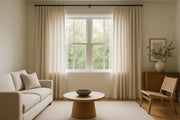
Thinking of upgrading your windows? Explore 7 essential questions on custom-linen-drapes, from li...

From privacy to aesthetics, here are 7 common questions about custom sheer drapes explained with ...

From choosing fabrics to installation, here’s my personal story of how cafe curtains transformed ...

Discover why solid curtains remain timeless and practical—covering light, comfort, style, and eas...

